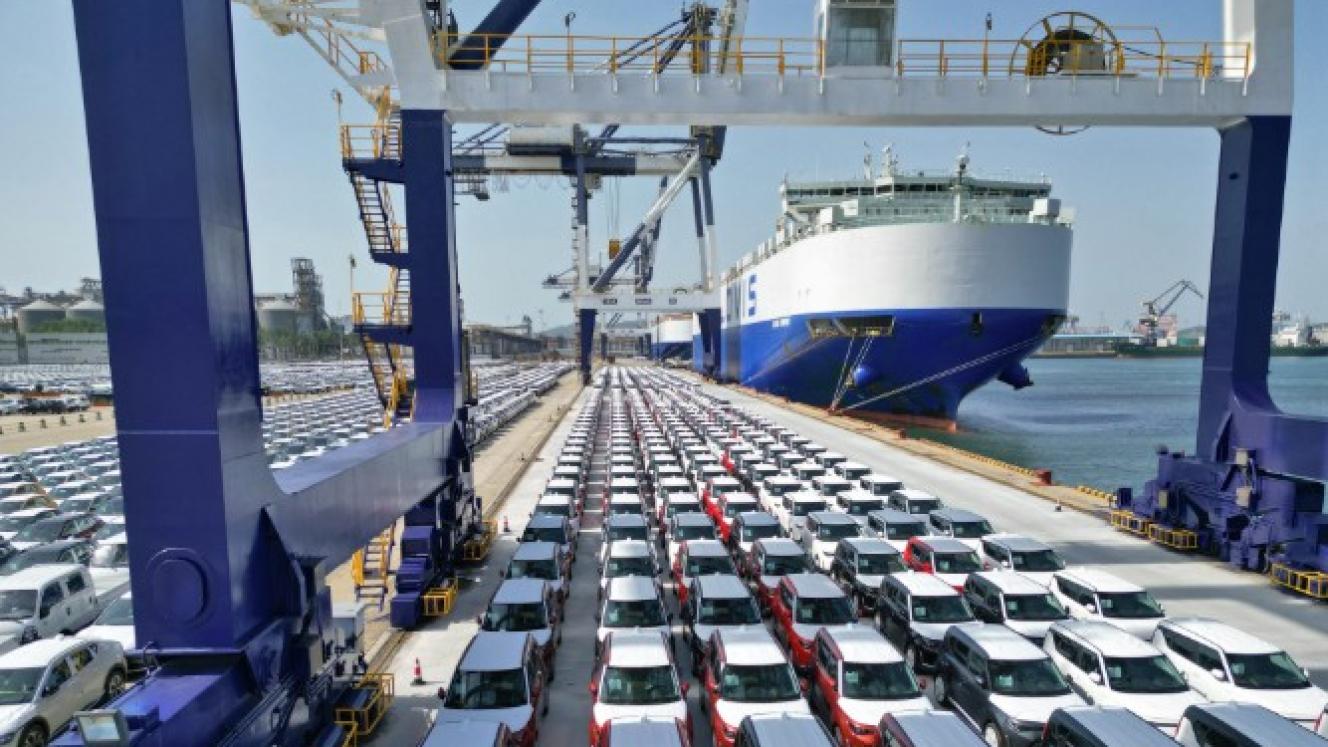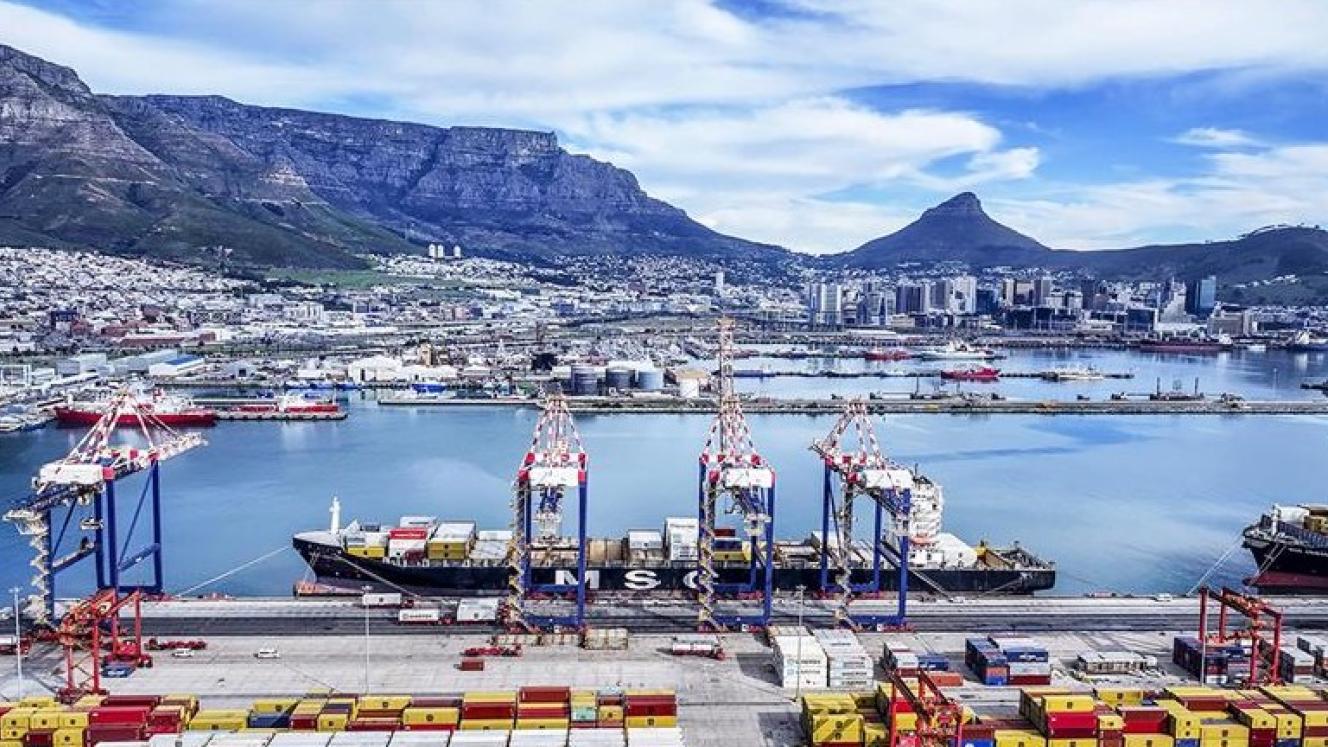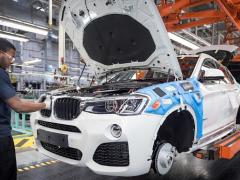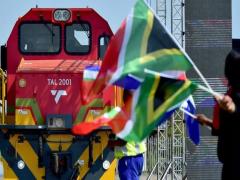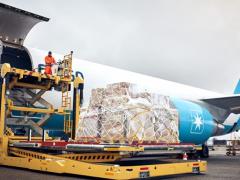The global automotive logistics sector faces potential disruption costs of up to $13 billion annually, new research has found.
DP World warns that a gap between perceived and actual resilience leaves manufacturers exposed to significant financial and reputational risks.
Although 83% of logistics executives in the automotive industry describe their organisations as resilient, the study has found that supply chain interruptions could amount to nearly 5% of an automotive logistics market, estimated at $295bn.
The most frequently cited causes of disruption are geopolitical instability and trade volatility, identified by 91% of industry leaders surveyed. Other major concerns include port congestion and the rerouting of vessels away from established shipping lanes.
The report comes amid rapid structural change across the automotive sector, driven by electrification, digitalisation and the emergence of software-defined vehicles.
Global challenges, including escalating geopolitical tensions, tariffs, extreme weather events and cyberattacks, are further straining supply chains and exposing the vulnerabilities of traditional just-in-time (JIT) production models.
The Emirati logistics multinational’s research findings suggest that this fragility is having tangible commercial consequences.
In years marked by major disruption, 60% of automotive firms lose more than a month of operations. Four in five report higher levels of customer complaints, while 72% say they have lost contracts or business opportunities. Nearly two-thirds (63%) acknowledge that their brand reputation has suffered as a result.
With supply chain risks increasingly viewed as a board-level concern, 91% of respondents said that disruption issues had been escalated to senior executives.
The research also highlights the benefits of a more integrated logistics strategy. Companies investing in warehousing, freight, last-mile delivery, compliance, production logistics and sustainability report about 20% lower disruption costs and recover up to 60% faster than those with limited investment focus.
The greatest resilience gains are linked to proactive risk management and contingency planning, enabling manufacturers to anticipate and mitigate shocks.
Beat Simon, global chief operating officer for logistics at DP World, said the findings revealed “a clear confidence gap”, adding that many firms might be overestimating their resilience.
He said the study pointed to “a strategic blind spot costing the industry $13bn a year”, stressing that even small delays in just-in-time environments could have significant commercial and reputational consequences.
The research findings form part of a broader global study involving 680 senior logistics leaders across eight industry sectors, including 75 decision-makers from automotive businesses.
The report combines survey data with a model linking disruption costs to investment levels, company size and reputational impact, providing a detailed picture of the true cost of supply chain disruption and the strategies needed to mitigate it.
